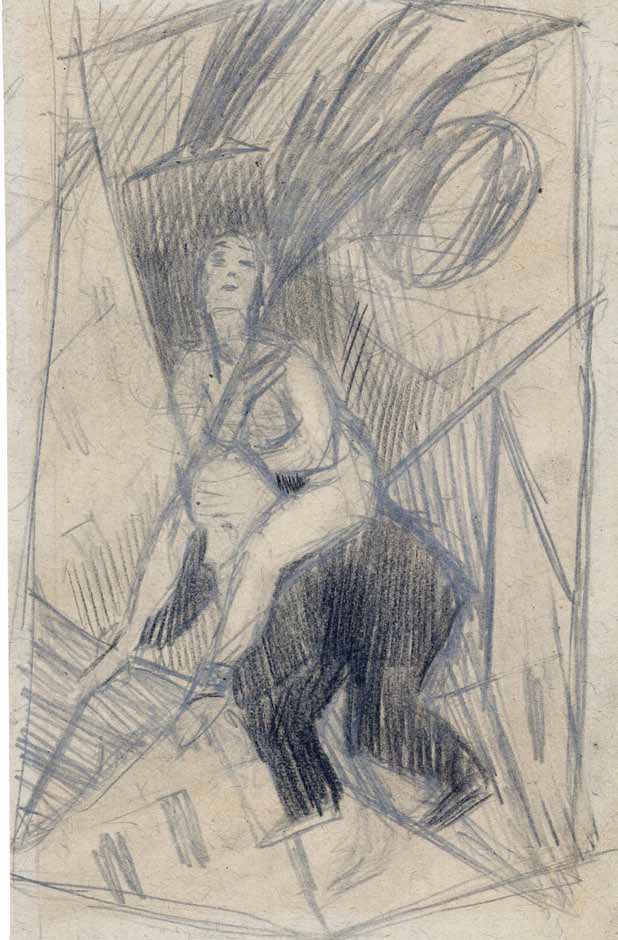Plagiat przez antycypację
Abstrakt
The author of the paper presents a short history of the idea of plagiarism and concludes that today it should be interpreted as a unique, alternative, but still legitimate manner of writing, in which what matters most is memory – that of the author and that of the reader. Such an approach was proposed by members of the OuLiPo group (François Le Lionnais, Marcel Bénabou, and Pierre Bayard) as plagiarism by anticipation. Its features, such as obvious similarity of texts, discord between the plagiarized fragment and the rest of the work and other works from the same period, secrecy, and temporal inversion, in the era of widespread reproduction provoke to think about copies in terms of anticipation or falsification of the missing works. Will the Messiah come from that direction?
Downloads
Bibliografia
Barbra Zielińska. 1996. Czas jako mapa. Zastyganie czasu w literaturze. W Szybko i szybciej. Eseje o pośpiechu w kulturze. Pod red. Doroty Sawickiej, Marka Bieńczyka, Aleksandra Nawareckiego. Warszawa: IBL.
Bayard Pierre. 2005. Demain est ecrit. Paris : Minuit.
Bayard Pierre. 2009. Le Plagiat par anticipation. Paris: Minuit.
Benabou Marcel. 1986. Pourquoi je n’ai ecrit aucun de mes livres. Paris: Hachette.
Benjamin Walter. 2016. O kopii. Przeł. Maciej Świerkocki. W Salon de Fleurus. Muzeum Sztuki w Łodzi.
Borges Jorge Luis. 1993. W Historie prawdziwe i wymyślone. Przeł. Andrzej Sobol-Jurczykowski, Warszawa: Muza.
Borges Jorge Luis. 1999. Kafka i jego prekursorzy. W Dalsze dociekania. Przeł. Andrzej Sobol-Jurczykowski. Warszawa: Prószyński i S-ka.
de Maupassant Guy. 1889. Fort comme la mort. Paris: Paul Ollendorff.
Didi-Huberman Georges. 2011.. Przed obrazem. Przeł. Barbara Brzezicka. Gdańsk: słowo/obraz terytoria.
Finné Jacques. 2010. Des mystifications litteraires. Paris: José Corti.
Fux Jacques. 2011. „Le postmoderne et la question du plagiat litteraire”. Revista de Letras 2.
Hay Louis. 1985. „«Le texte n’existe pas». Reflexions sur la critique genetique”. Poetique 62.
Maurel-Indart Hélène. 2009. „Le precurseur depossede”. Acta Fabula 2.
OuLiPo. 1973. La litterature potentielle. Paris: Gallimard.
Pennanech Florian. 2009. „L’histoire n’existe pas”. Acta fabula 2.
Perec Georges (Oulipo). 2016. Podróże zimowe. Przeł. Jacek Giszczak. Kraków: Lokator.
Perec Georges. 2014. Kondotier. Przeł. Marzena Chrobak, przedmowa Claude Burgelin. Kraków: Wydawnictwo Uniwersytetu Jagiellońskiego.
Riffaterre Michael. 1972. „Kryteria analizy stylu”. Przeł. Ignacy Sieradzki. Pamiętnik Literacki 3.
Roubaud Jacques. 1990. „Vers une oulipisation consequente de la litterature”. La Bibliotheque Oulipienne 3.
Schneider Michael. 1985. Voleurs de mots. Essai sur le plagiat, la psychanalyse et la pensee. Paris: Gallimard.
www.nextrembrandt.com
Zaremba Łukasz. 2016. Salon-Fiction, czyli idolatria na opak, W Salon de Fleurus. Muzeum Sztuki w Łodzi.
Zimmermann Laurent. 2009. „Precurseur ou plagiaire par anticipation?”. Acta fabula 2.

 Uniwersyteckie Czasopisma Naukowe
Uniwersyteckie Czasopisma Naukowe





